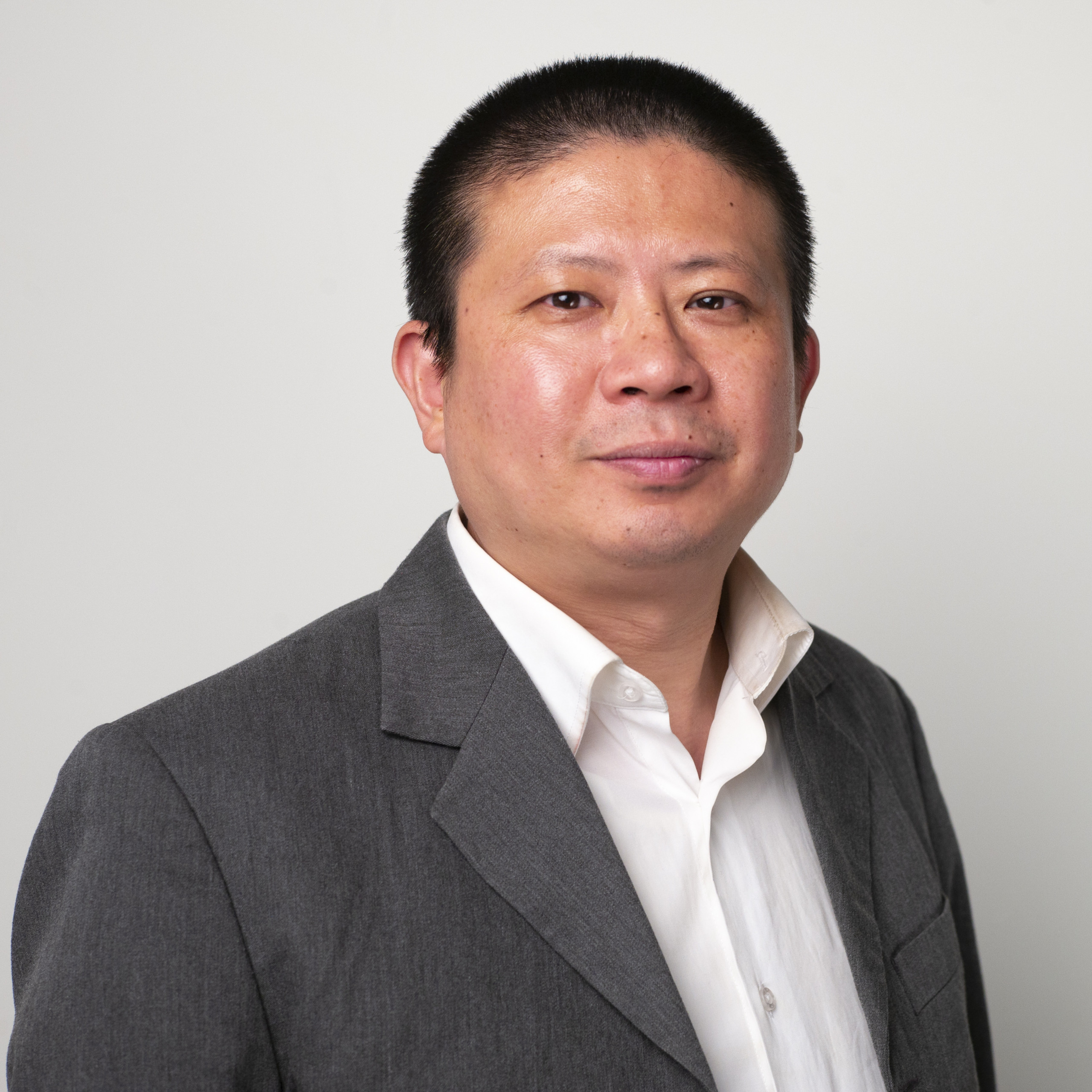Simon Yin
Biography Narrative
Simon has been educated in China, the USA and Germany. He completed a Rotary Peace Fellowship as a Bhichai Rattakul Fellow and Study of US Institutes on Religious Pluralism in Philadelphia.
Simon has engaged in a wide range of interreligious activities and introduced literature on interfaith dialogue into China. His major interest is to foster interreligious dialogue for social entrepreneurship.
His motto is, “Do unto others as you would have them do unto you.”
Interreligious Activities and Initiatives
Inter-faith Sharehub
In China, many religious venues have been abandoned. Meanwhile, it is hard for ordinary citizens to find a venue to hold community activities. Based on my experience of teaching comparative script, I plan to initiate the ShareHub project, which provides public space for people from diverse backgrounds to get together to organize something meaningful. The project has several dimensions. Firstly, religious communities offer their venues to host community events for people to get together. Secondly, as a powerful incubator, the project will help religious communities to contribute to the society through social entrepreneurship. Thirdly, mostly importantly, it engages in capacity building. My KAICIID initiative focuses mainly on this part. I will offer two kinds of inter-faith dialogue workshop at the venue. The first one is to incorporate inter-faith dialogue into my existing annual seminar on religion and law, which has about 40 participants. The second training is to teach inter-faith dialogue to students who engage in faith-based charity work, which has about 20 participants.
Inter-faith dialogue in addressing COVID-19 and long-term resolution in China
During the last two decades, xenophobic hate speech has been on rise in China. This alarming trend has been gravely exacerbated by the ongoing global COVID-19 pandemic. In China today, everything goes online. China has strict online censorship. However, hate speech goes fully unchecked in cyberspace in China. The severity is truly appalling. Religious communities are supposed to be the stronghold against hate speech. However, sadly in reality it is often not the case. More than 100,000 migrants live in Guangzhou, the largest city in southern China. However, they lack equal opportunities and are subject to hate speech frequently.
Inter-faith Dialogue in Addressing Hate Speech in Guangzhou, China
Religious communities can contribute greatly to dialogue regarding xenophobia and racism. Guangzhou should be a model city of tolerance, where people from diverse religious, racial, and cultural backgrounds can live in peace and prosper together. A few Christian churches and Buddhist temples have already expressed their willingness to work with me on this project. Based on my previous successful experiences and field work, I want to carry out an initiative on inter-faith dialogue regarding hate speech in Guangzhou. I intend to bring together diverse Chinese and international religious communities to have in-depth dialogue on how to combat hate speech together. As women are often the helpless victim of hate speech, I pay great attention to the gender dimension. I will strictly meet the standard of “Do no Harm” and follow “Practical Considerations and Recommendations for Religious Leaders and Faith-based Communities in the Context of COVID-19” released by WHO in April, 2020.

